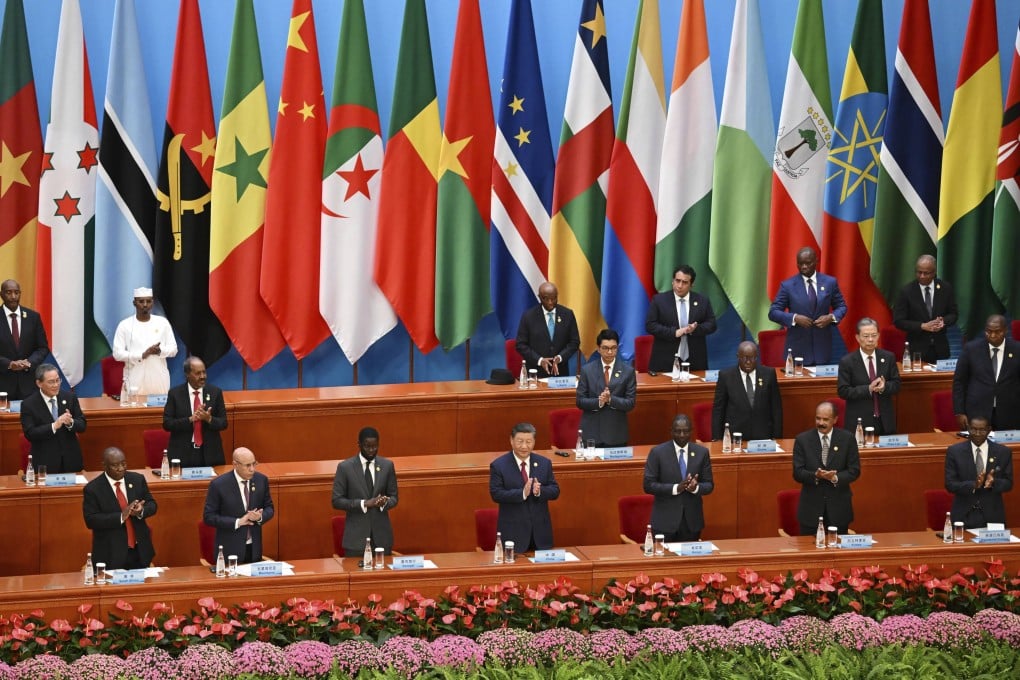Advertisement
Inside Out | China-Africa summit a fitting showcase of Global South’s rise
The deals sealed and friendships renewed at FOCAC summit underline China’s role as a prime force of global power rebalancing
Reading Time:3 minutes
Why you can trust SCMP
1

As Xi Jinping last week rolled out the red carpet in Beijing for more than 50 of Africa’s leaders, along with the UN’s Antonio Guterres, at the ninth Forum on China-Africa Cooperation, one could only muse on the recent comment from Singapore’s Kishore Mahbubani that “the coming decades may belong to the Global South”.
Given its unlovely acronym, FOCAC, many can be forgiven for being unaware of this three-day “grand reunion of the China-Africa big family”. (Tiny eSwatini, population 1.2 million out of Africa’s 1.2 billion, sits alone outside the family because it has stubbornly maintained diplomatic relations with Taiwan since 1968).
After all, FOCAC only meets every three years – and the last reunion, hosted by Senegal, was necessarily a virtual affair because of Covid-19.
But you miss FOCAC’s significance at your peril – as with other creations like Brics, the Belt and Road Initiative, and the Shanghai Cooperation Organisation, all of them evidence of rising power and confidence among countries once dismissed as poor and benighted.
Such groupings, mostly driven by Beijing, have given form and substance to the once-vague concept of the Global South. They reflect accelerating change in the global balance of economic and diplomatic power. They illustrate vividly the persistent failure of the post-World War II powers, gathered around the Group of 7, to move beyond what many in the Global South see as a condescending, colonial relationship with the Third World.
Most Western leaders have in recent decades kept Africa on the distant periphery of their foreign policy concerns. The continent may be huge, and blessed with a wide range of valuable natural resources, but even today it accounts for a measly 2.7 per cent of global GDP. Worse, it is home to the vast majority of the world’s poorest and most troubled countries. Africa’s “coup belt” of seven countries has suffered a string of coups in recent years.
Advertisement
Select Voice
Choose your listening speed
Get through articles 2-3x faster
1.1x
220 WPM
Slow
Normal
Fast
1.1x
